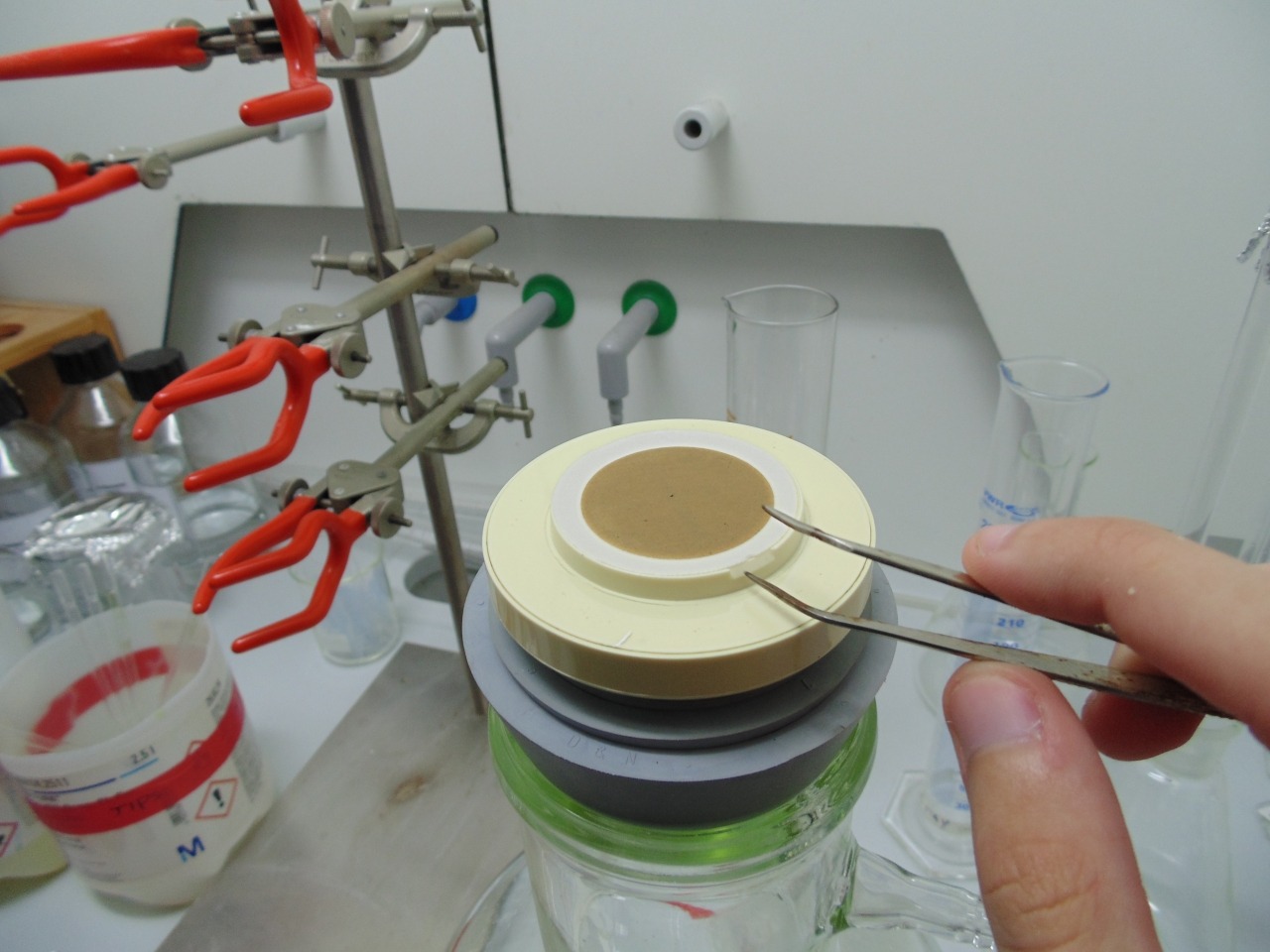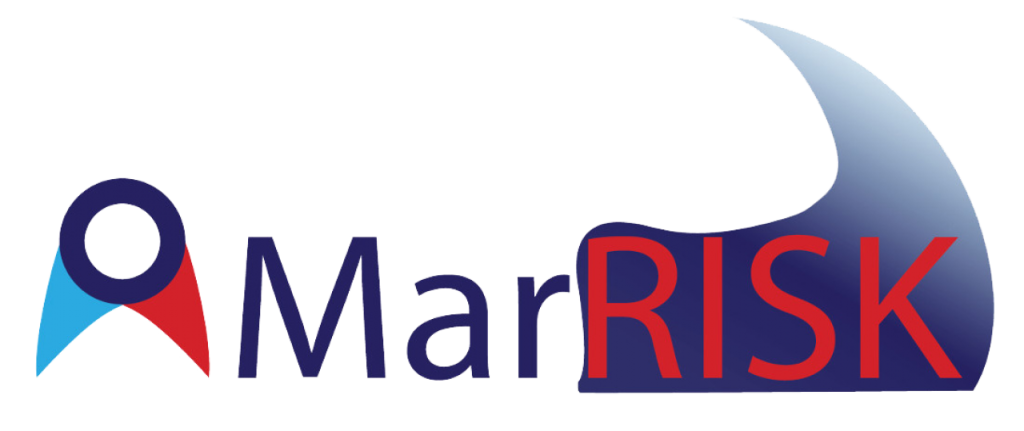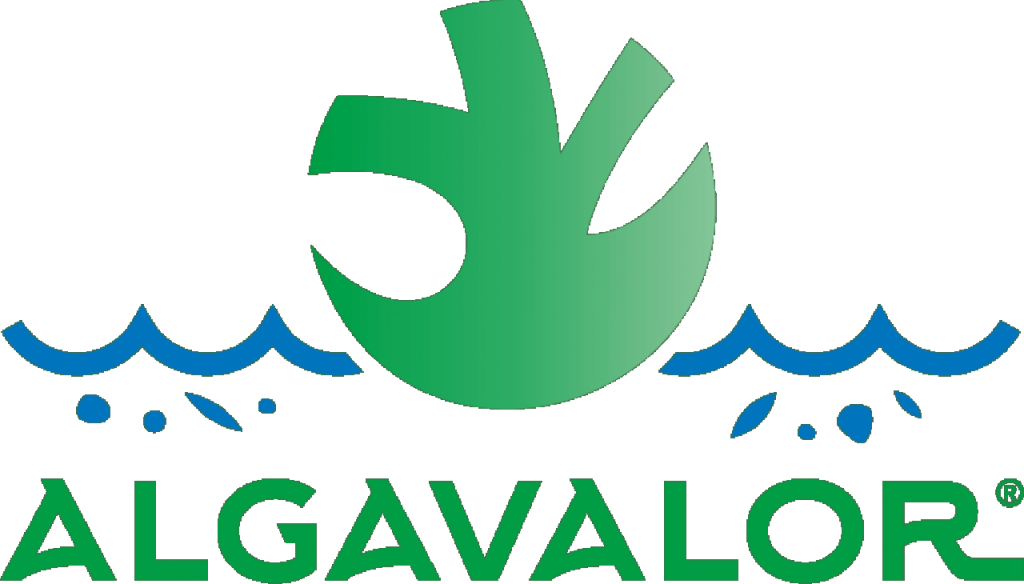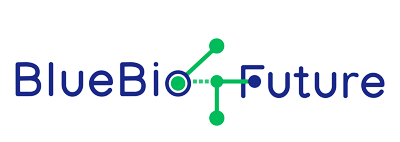
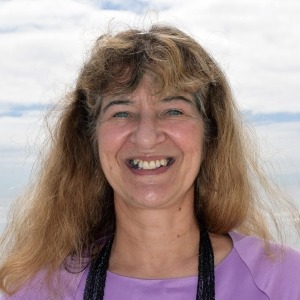
Group Leader
Lúcia Guilhermino (PhD Biology, University of Coimbra) is Full Professor at the School of Medicine and Biomedical Sciences (ICBAS) of the University of Porto (U.Porto), and President of the Ethics Commission, Principal Investigator (PI) of the Research Line of Global Changes and Ecosystems Services, and PI of the Research Team of Aquatic Ecotoxicology and One Health of the Interdisciplinary Centre of Marine and Environmental Research (CIIMAR). Coordinator of the Doctoral Programme in Environmental Contamination and Toxicology and of the Master in Environmental Toxicology and Contamination of the U. Porto, and Coordinator by U.Porto of the Environmental Contamination and Toxicology Erasmus Mundus Joint Master Degree, among other functions.
Main research: combined effects of climate changes, chemical contaminants (e.g., microplastics, nanomaterials, pharmaceuticals, metals) and other stressors on marine and freshwater organisms and ecosystems, and the resulting risks to global health. L. Guilhermino coordinated/participated in several national and international projects participated published more than 200 articles in indexed (Scopus and/or WoS) scientific journals, among more than 300 other publications.

